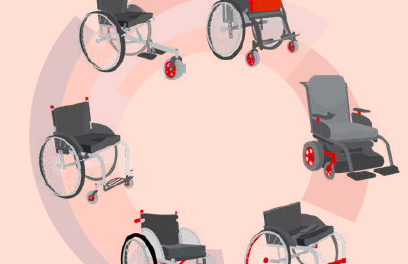A recent study published in Thorax reveals that financial hardship continues to hinder many adults with asthma from adhering to prescribed medication regimens, despite a decline in the number of individuals citing cost as a barrier over the past decade. The research underscores the persistent challenges posed by the high cost of asthma medications, with one in six people with the condition unable to afford their prescribed treatments.
The study, based on survey responses from 30,793 adults with asthma collected through the National Health Interview Survey (NHIS) from 2011 to 2022, found that 18% of respondents—roughly 3 million people—reported skipping doses, taking fewer doses, or delaying prescription refills to save money. These practices were significantly associated with worse health outcomes, including nearly double the risk of experiencing an asthma attack and a 60% higher likelihood of requiring emergency care.
Financial barriers to asthma medication adherence were more commonly reported by individuals aged 18-60, women, Black people, and those living in the Southern U.S. States. Other contributing factors included low income, lack of health insurance, educational disparities, and living alone. In 2022, the percentage of people reporting cost as a factor in their non-adherence dropped to 13%, down from 23% in 2011, reflecting potential improvements in healthcare access, such as those facilitated by the Patient Protection and Affordable Care Act and Medicaid expansion.
Despite these improvements, the study stresses the continuing need for policy interventions aimed at reducing the financial burden on patients. Asthma medications are a significant cost for both individuals and the U.S. healthcare system, accounting for nearly half of total asthma-related expenses.
The editorial accompanying the study, written by Emily Graul and Dr. Christer Janson, calls for further reforms to ensure equitable access to asthma treatments. They point out that while recent legislative efforts, such as the Inflation Reduction Act, have reduced drug costs for some chronic conditions, asthma medications have yet to be included in Medicare drug price negotiations, despite their high annual spending.
The authors emphasize that reducing medication non-adherence not only eases the financial strain on the healthcare system but also improves the health and quality of life for individuals living with asthma. As the U.S. grapples with ongoing healthcare access disparities, the study highlights the urgent need for continued policy efforts to make asthma medications more affordable and accessible to those who need them most.
For more information, see the study in Thorax: Cost-related non-adherence to medications among adults with asthma in the U.S., 2011–2022 by Chun-Tse Hung et al.












